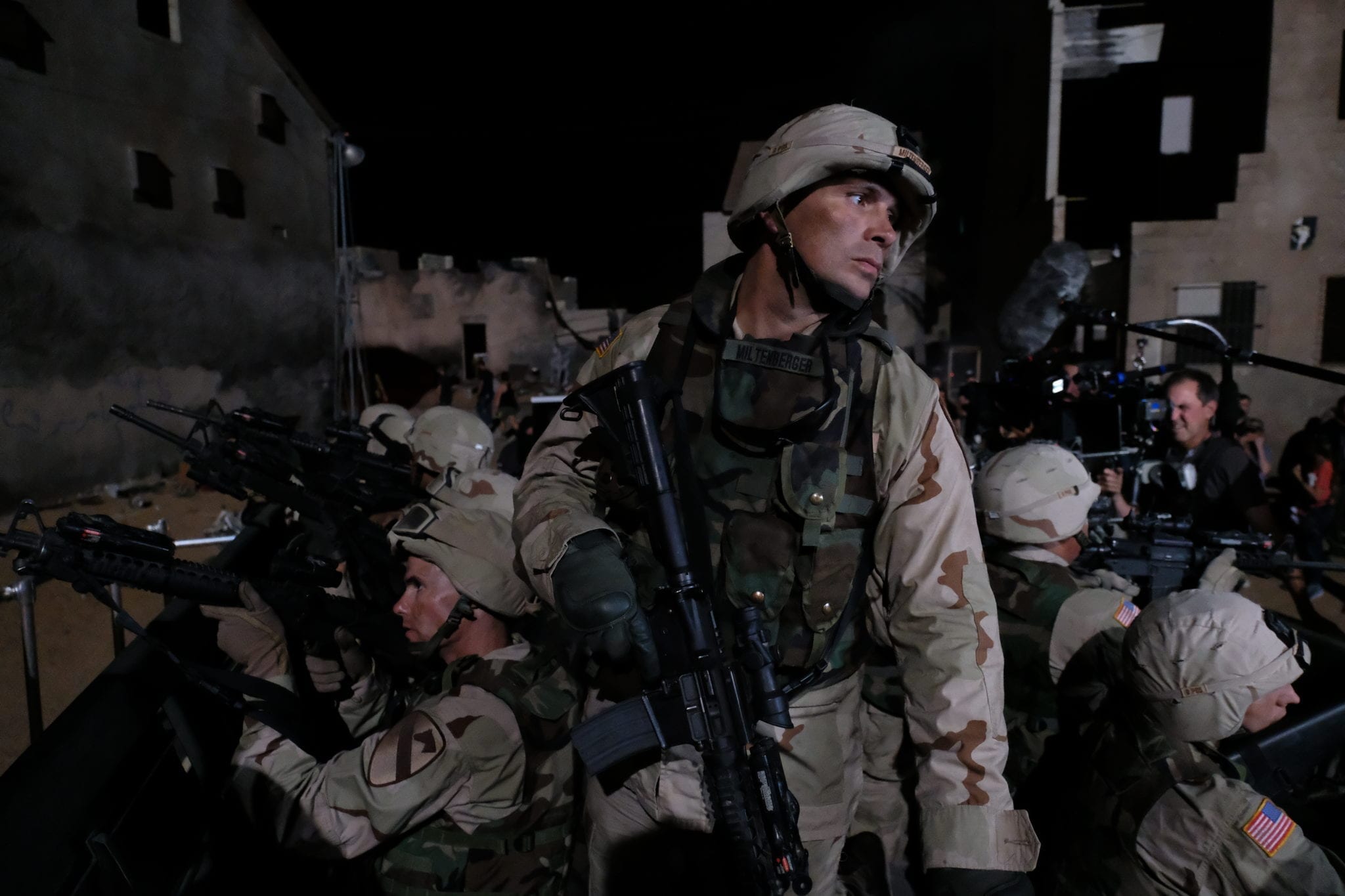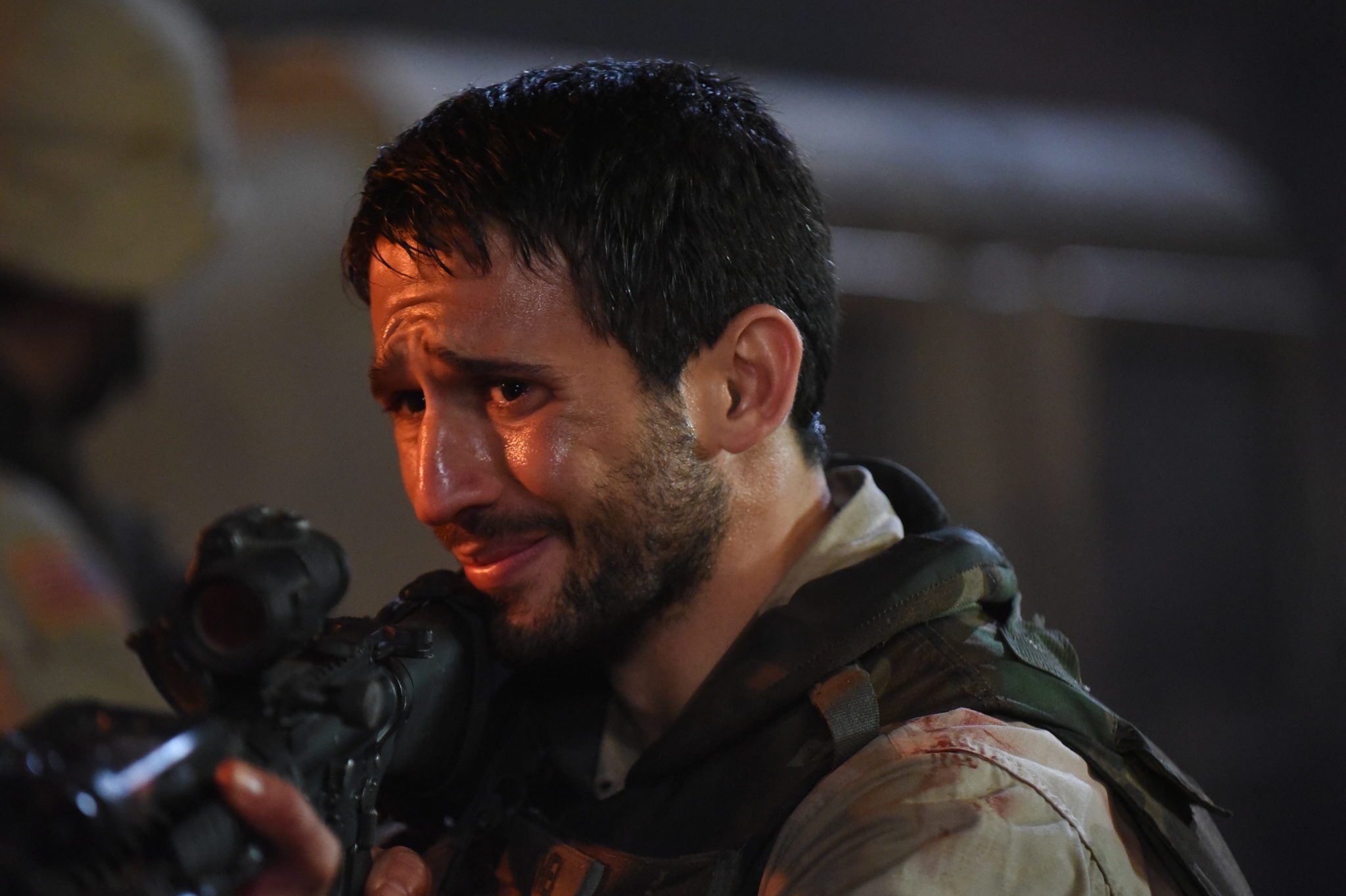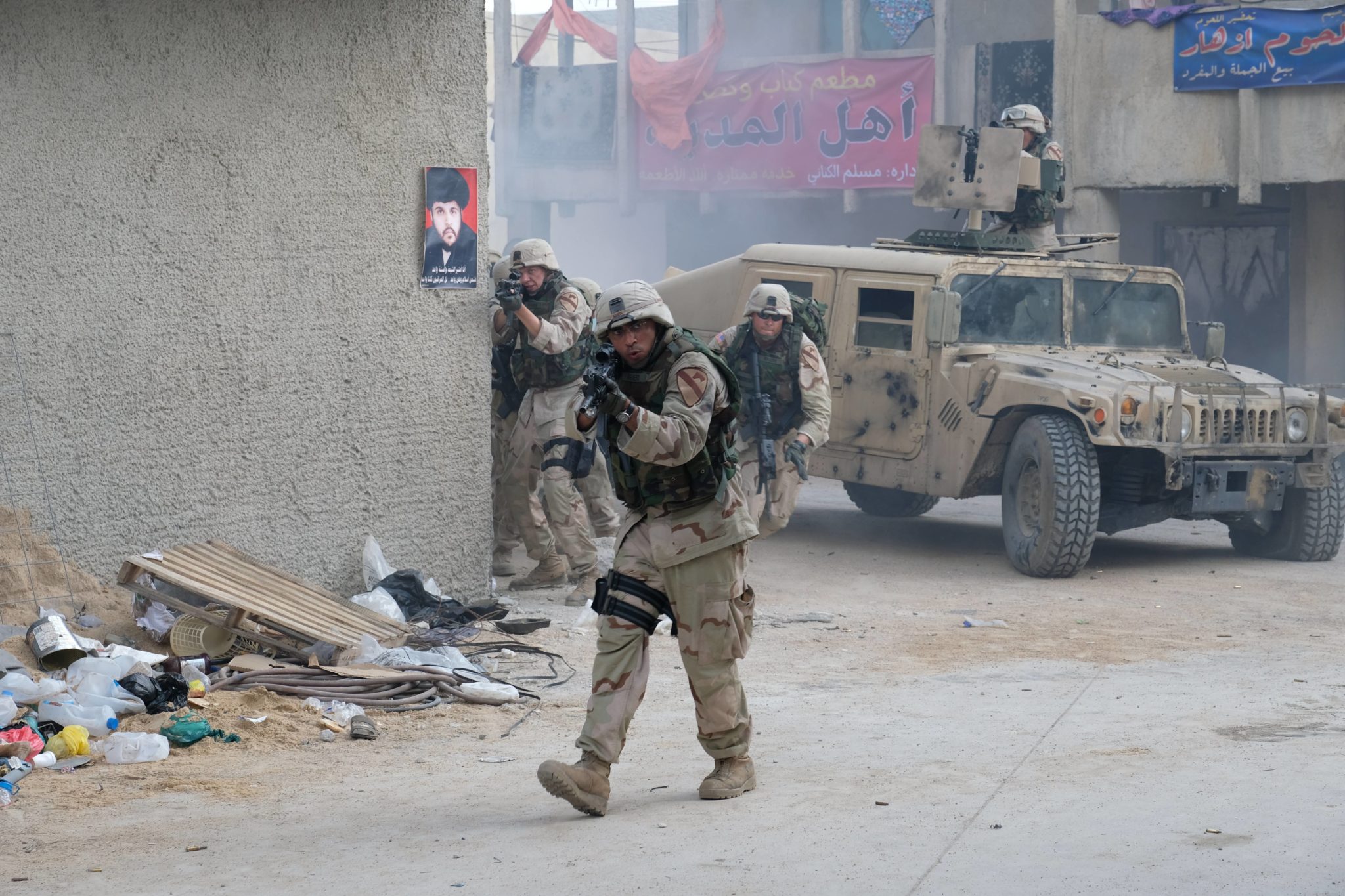
The Long Road Home: Lessons Learned
The First Calvary’s deployment wasn?t ?one battle and you get to go home;’ it was ?stay until the mission is complete, then go home.?

The First Calvary’s deployment wasn?t ?one battle and you get to go home;’ it was ?stay until the mission is complete, then go home.?

The choices we make compose the fabric of our lives. We should make them wisely.

The Long Road Home is intense, violent, and sad?sometimes all at once.?